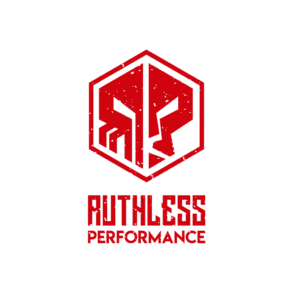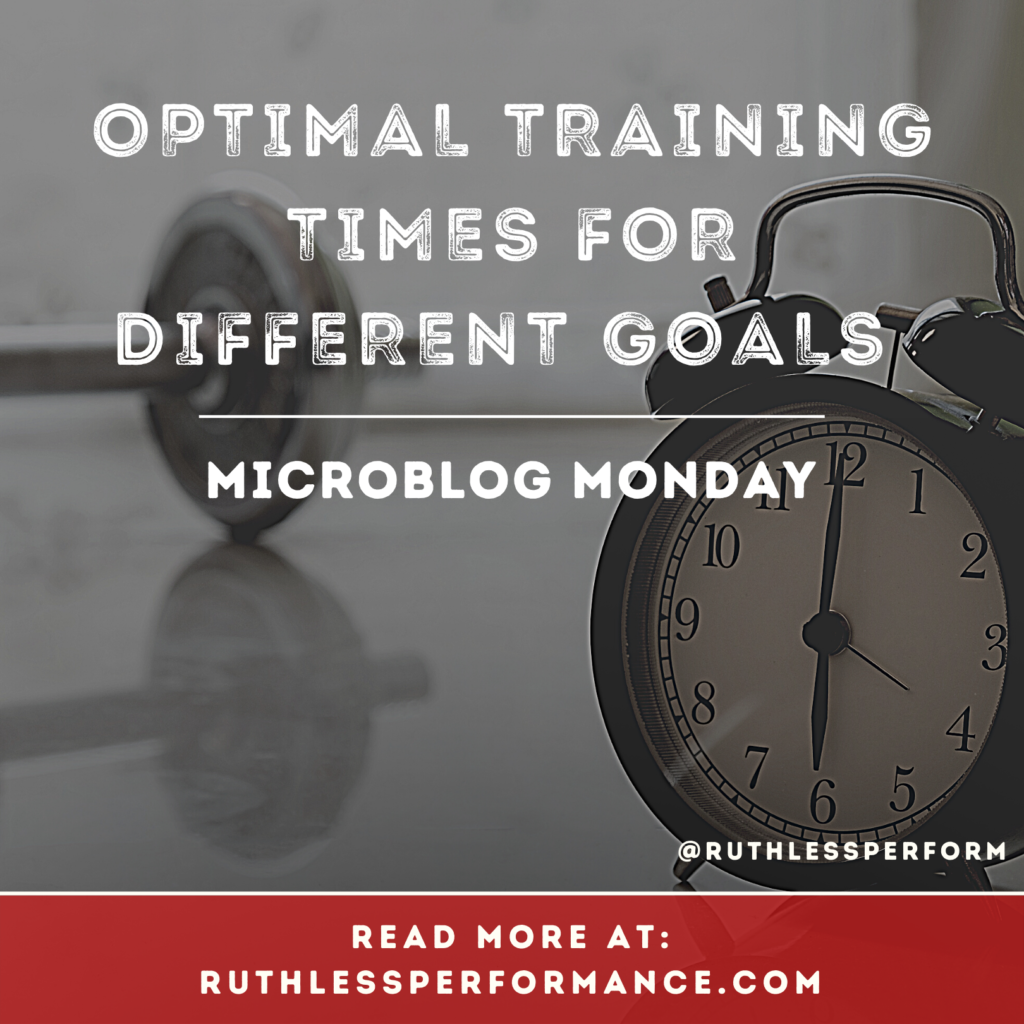Early on in an athlete’s training career, an attempt will be made to find the best time to train. This is a logical route to maximize training success–if you have to train, you may as well try to do so at the best time.
But what is the best time? There are plenty of thoughts and theories on what makes for an ideal training time, but there are some short-hand answers that I’ve come across over my years of training and coaching that can serve as a starting point.
Hormonal state, blood glucose, circadian rhythm, and personal preference all are factors that should be considered when trying to optimize your training schedule.
In short, the best training time for you is the time that allows you to most consistently yield the highest level of return on your investment of time.
Do you know that your schedule gets more unpredictable as the day goes on and may make it hard to make it to the gym in the evening? Train in the mornings.
Are you a late riser that only thinks the alarm you set is a good idea until it wakes you and you snooze it 10 times? Probably don’t bank on early morning workouts.
Are you an introvert with a flexible schedule and know when peak gym times are? Train when the gym clears out between the early morning and afternoon gym rush.
The ‘ideal time’ isn’t the same across the board. What’s truly ideal is what you find works best for you personally. This is my shortcut guide to where you might look to start:
- Serious Strength Athlete/ Powerlifter – Early to mid-afternoon when the CNS is at its peak and body temperature is at its highest.
- Recreational fitness enthusiast trying to be the most productive and generally healthy – early AM, shortly after waking.
- Endurance athlete trying to build up their work capacity – 2 short workouts with one in the morning and another late afternoon or early evening.
Find what works and what gets you in the gym. That’s what is truly optimal.

